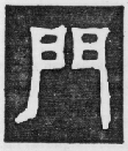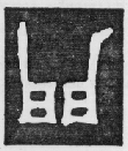 |
From
101 Zen
Stories:
A Cup Of
Tea
Nan-in, a Japanese
Zen
master
during the Meiji era (1868 - 1912), received a university
professor who came to him to inquire about
Zen.
Nan-in served tea. He poured it into his visitor's
cup
until it was full, and then he kept on pouring.
The professor watched it overflow until he could no longer
restrain himself. "It's full. No more will go in!" he cried
out.
"Like this
cup,"
Nan-in said, "you are full of your own opinions and
speculations. How can I show you
Zen
unless you first empty your
cup?". |
 |
|

